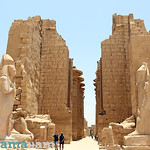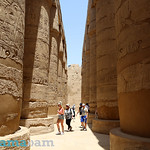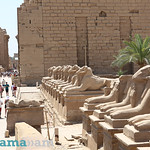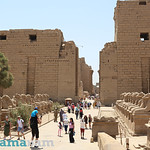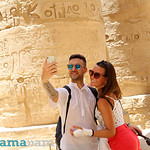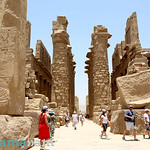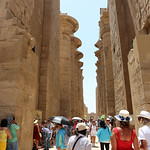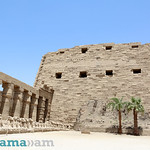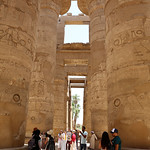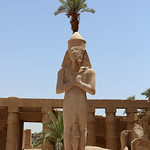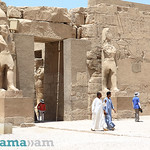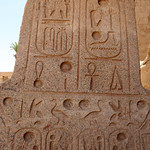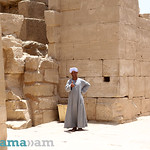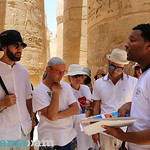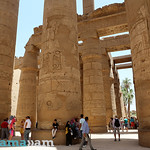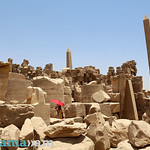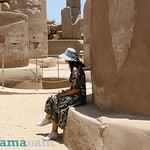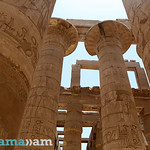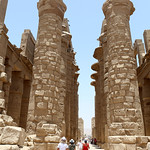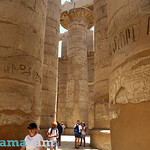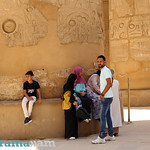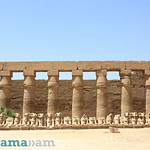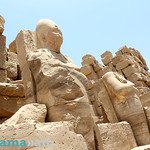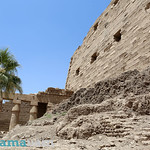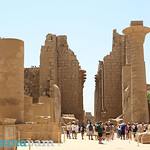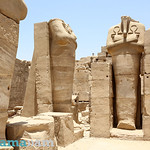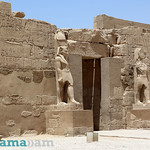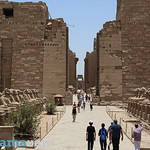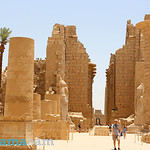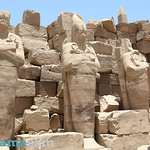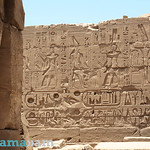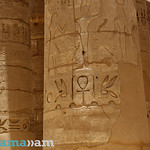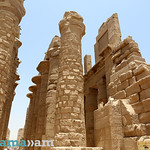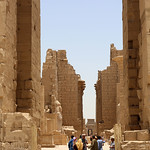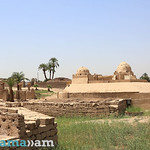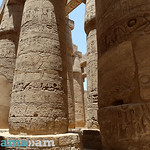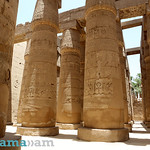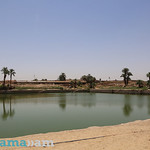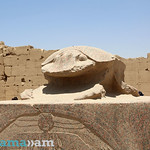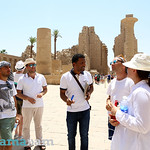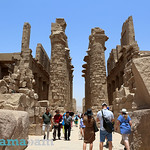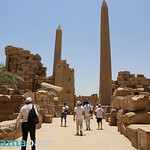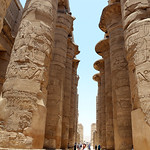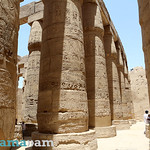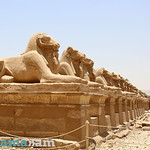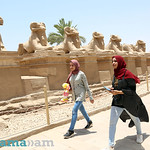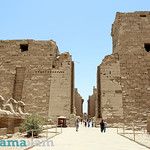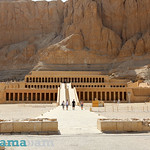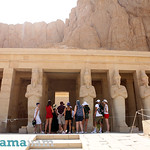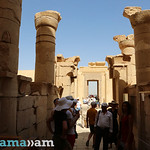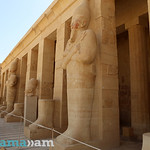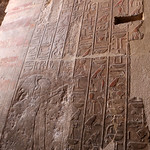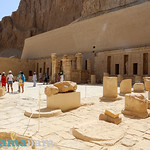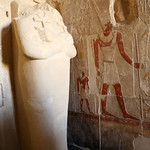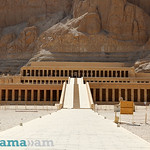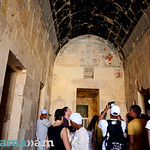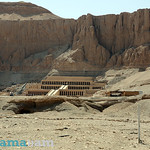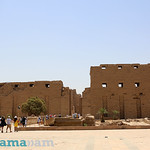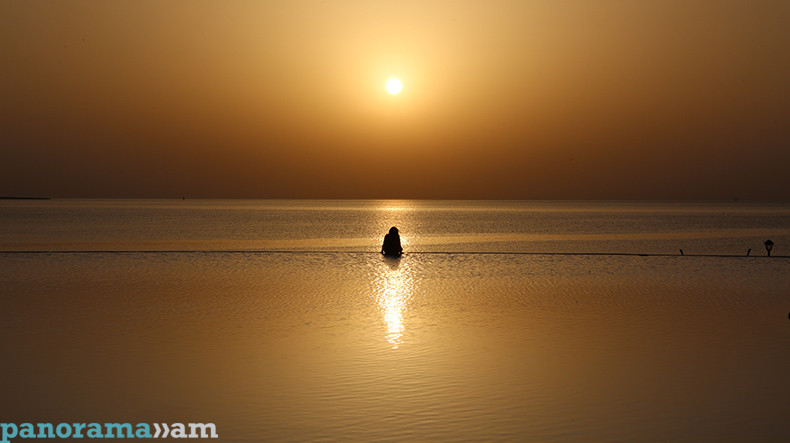
Watching the sunrise at sea with the loved ones and cursing Hatshepsut
Those, who have ever observed the sunrise at mountains, look down on others who have watched the birth of the sun at sea. Those who have watched the sunrise at sea are never embittered: Nirvana is inevitable.
The sea is a love, yet I could not resist the temptation to go after the dream on the final day of my five-day work trip, as the mind dominated over the heart. I dropped the chance of enjoying my leisure at a six star luxury hotel only to go after one of the mysterious legends of my childhood - Luxor. Yet, it was sunrise the first. Since the city of pharaohs was 300 km away from the place we lived, we decided it would be harder to wake up earlier than wait for the sun right at the beach without sleeping a wink.
What we saw would never go from my memory. First time I was watching the beauty with excitement combined with crying. It makes sense to watch the sunrise at sea with the loved ones as you may want to hug them and scream how much we love them.
In the country of prophet Moses, we were accompanied to the city of pharaohs by a guy named Moses. It would be a lie to claim the name of the guide was just a coincidence. As the two guides - Musa and Samira I met said, in this country 99% are poor and tourists appear as a gift like a rain. Their wishes should be satisfied. Since the majority of the tourists in Egypt were Russians, everything from names and legends and anecdotes were Russified. Moses’s actual name was Musa and he presented himself as Moyisey to cater for tourists. Throughout the whole journey Musa-Moyisey sold in a magic way what he could to us - from water to gold, tea and banana, islands legends. We were driving through yellow infinity without any stops.
Hatshepsut
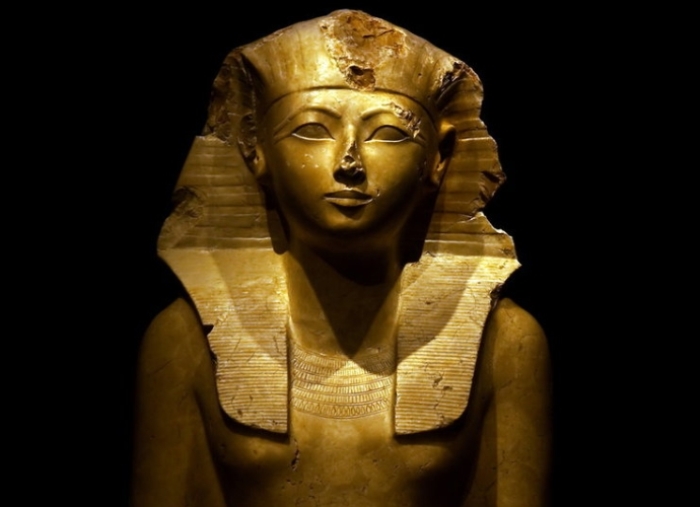
As a feminist to a certain degree, I have been inspired by queens more than by kings not to speak of A female pharaoh. I was attracted by stories about Hatshepsut since childhood from school classes in old ages. Then, the films came. Now, I see it in reality. She was the first female in the world who could really be described as famous.
Hatshepsut was the elder of two daughters born to Thutmose I and his queen, Ahmes. After her father’s death, 12-year-old Hatshepsut became queen of Egypt when she married her half-brother Thutmose II, the son of her father and one of his secondary wives, who inherited his father’s throne around 1492 B.C. They had one daughter, Neferure. Thutmose II died young, around 1479 B.C., and the throne went to his infant son, also born to a secondary wife. According to custom, Hatshepsut began acting as Thutmose III’s regent, handling affairs of state until her stepson came of age. Hatshepsut broke all existing stereotypes of her time like a house of cards.
Hatshepsut - woman pharaoh, whose mummy escaped the burial site.
A female pharaoh who acted as regent for her stepson and didn’t leave the throne after the latter came of age.
A female pharaoh whose reign lasted for 21 years as a pharaoh with full powers despite the traditions that only males were entitled to the high position.
A female pharaoh who ordered to depict her in the form of a male with beard.
A female pharaoh whose life and death remain a mystery till these days.
A female pharaoh who declared herself as wife of Egyptian Amun deity, legitimizing her reign.
A female pharaoh who consolidated people with extreme views, subduing even her stepson not to voice about his legitimate right to take the throne.A female pharaoh who led military campaigns, including the Nubia battle, crusades to Sinai peninsula. Southern Syria and Palestine.
A female pharaoh whose legacy has long been contested and tried to erase from history.
A female pharaoh whose mortuary temple was built in such a insuperable place that has persisted to our age despite numerous invasions and finally A female pharaoh whose temple was constructed in an insurmountable area that one of our group members, Arsen, exclaimed seeing the distance. “I curse you, Hatshepsut, for choosing the place to construct your mausoleum!”
The legend says that during the wide-scale construction works in Luxor Hatshepsut often got excited how she would be remembered throughout centuries. Expressions Hatshepsut inscribed on one of her obelisks at Karnak still resonate with an almost charming revelation: "Now my heart turns this way and that, as I think what the people will say. Those who see my monuments in years to come, and who shall speak of what I have done." In modern-day terminology, Hatshepsut not only excelled in old ages but implemented a major PR campaign to reach to us. She commissioned hundreds of statues and monuments of herself and left accounts in stone of her lineage only part of which were destroyed by her successor stepson Thutmose II.
The Valley of the Kings, the mausoleums of the queens, burial sites - are more than impressive, yet I got saddened at Luxor, feeling sorry over the defeat of an ancient civilization in the face of modern times. Where are the powerful Egyptians? Why do the Egyptians, misleading the tourists at every step, wander around and warn about swindling by their compatriots? Why has Egypt turned into an endangered value of a great civilization?
I felt faint in Luxor for a moment under the temperature of 44°C amid a complete absence of a shadow. I couldn’t get enough air, started suffocating. While in consciousness, I heard uncertain dialogues hovering around my head. Hatshepsut was speaking, Thutmose, the other Thutmose, Cleopatra, Nefertari who was telling a story about her being an Armenian and the most beautiful one.
Then, I saw the necklace with the image of Nefertari that was offered to me to buy by a street merchant. I tried to recall whether those were talismans of success. The symbols of old Egypt - Ankh, Tyet, the Eye of Horus, the Cat and Ibis. I tried to recall whether I could buy and take home souvenirs with images of the Snake and Scarabs, whether those were not symbols of unfortunate fate. Then remembered about Lotus (Eternal Love) and decided to buy the one. I weakened more and somebody put a cold stone into the palm of my hand. I looked up and saw an Egyptian pilgrim. “This is a crystal for happiness,” he said, adding: “I vow to have success. Let you get your happiness and me the success.”
“Should I pay,” I asked, adding my bag was in the car I had to take it. “No need, no paying. This is a gift wholeheartedly,’ replied the pilgrim. I asked for his name. “Mohammad,” he said.
“You are an endangered value, Mohammad,” I wanted to claim, then realized he would hardly understand the message in English, recalled the thank you word in Arabic from serials and told “shukra.”
The coldness of a stone is pleasant. I slept all the way back and woke up only at hotel. Three of my friends were standing at my bed.
“Was I just sleeping?” I asked, looking at their terrified eyes.
“Was I was just sleeping?” repeated my friend, Lilian, and started laughing. “You were just sleeping and we died a bit because of fear you may never wake up.”
“No, I would definitely. Whom would I entrust the happy life ahead,” I replied and showed the crystal gifted by Mohamad.
Mactub: it was meant to be.
Related news
Newsfeed
Videos





